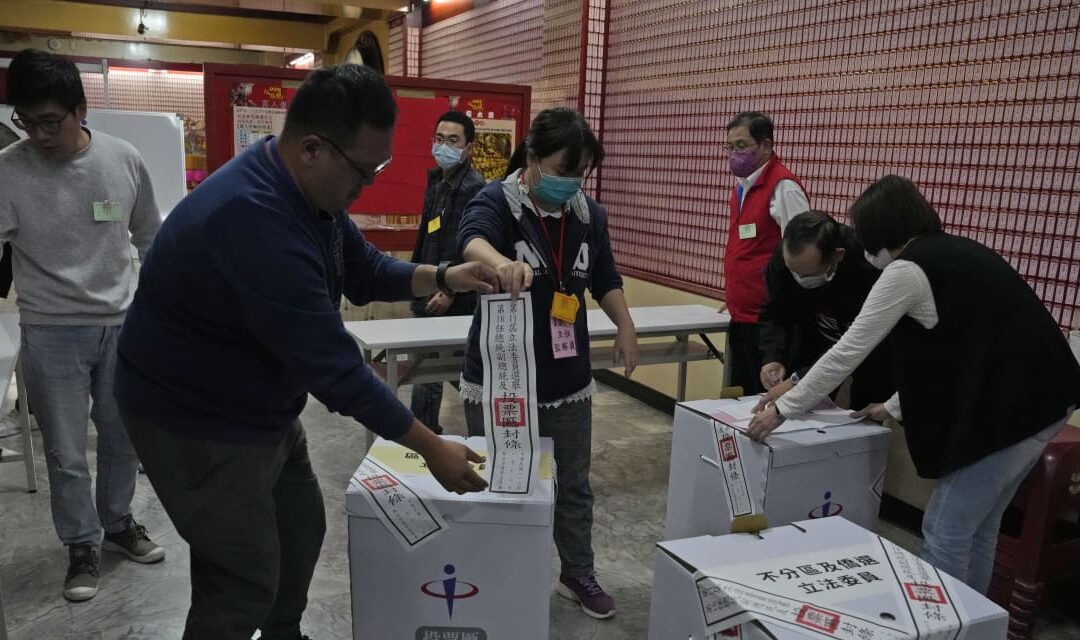It’s less than a year until inauguration for the next U.S. president, bringing into focus the impact from elections on markets, in a year in which not just the U.S. but India, Mexico and almost certainly the U.K. will head to the polls.
Strategists at Citi examined the stock-market impact of 134 elections held in 17 different countries, excluding periods of volatile global markets such as the global financial crisis and the COVID-19 pandemic.
One finding is that, well, elections don’t matter that much. “Historically, [developed market] equities see some volatility around election day, but generally maintain a mild upward trend into and out of elections,” they say.
In the U.S. in particular, equity markets usually rise into elections, and then move higher afterward. Cyclical sectors in particular perform relatively well post-election. While volatility
VIX
rises into elections, it fades later.
Another perhaps more interesting finding is that while markets prefer continuity, they do adjust to “change” elections where policies shift, but with a lag of around four to five months.
Markets do prefer right-leaning parties, but after five months or so do adjust to left-leaning parties, which in fact do better after six months.
In emerging markets, equities tend to fall into elections and then rise afterwards. The markets with elections this year have mixed results. “In Indonesia, Taiwan, and South Africa, markets tend to be up six months after election day. India and Mexico tent to trade somewhat lower,” they say. Emerging markets tend to like change over continuity candidates.
The S&P 500
SPX
has gained 1% this year, and on Friday finished at a record high. Over the last 52 weeks, the index has gained 22%.
Also read: Ron DeSantis ends presidential bid, endorses Trump ahead of New Hampshire primary
And: India’s Modi opens massive, controversial Hindu temple in Ayodha ahead of elections








